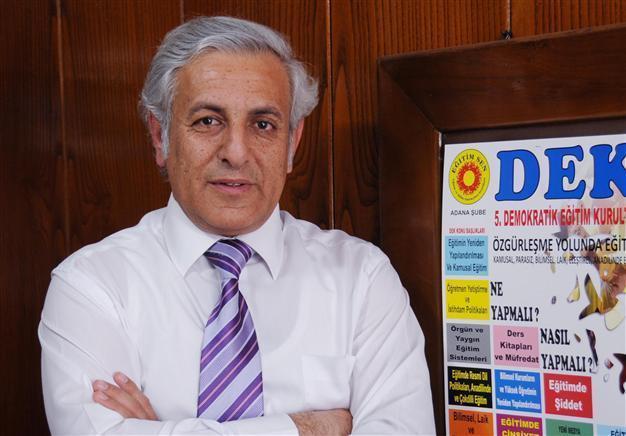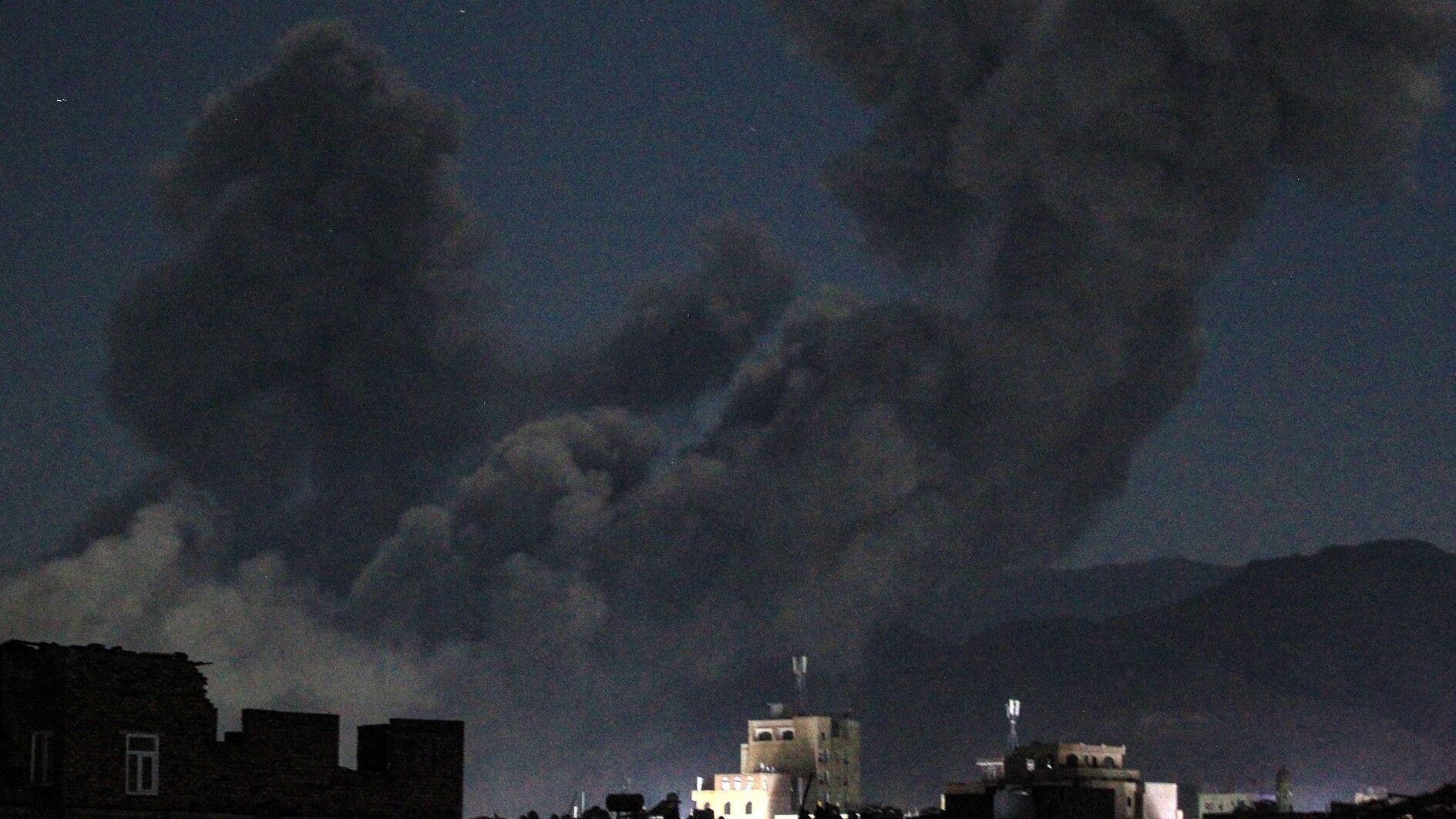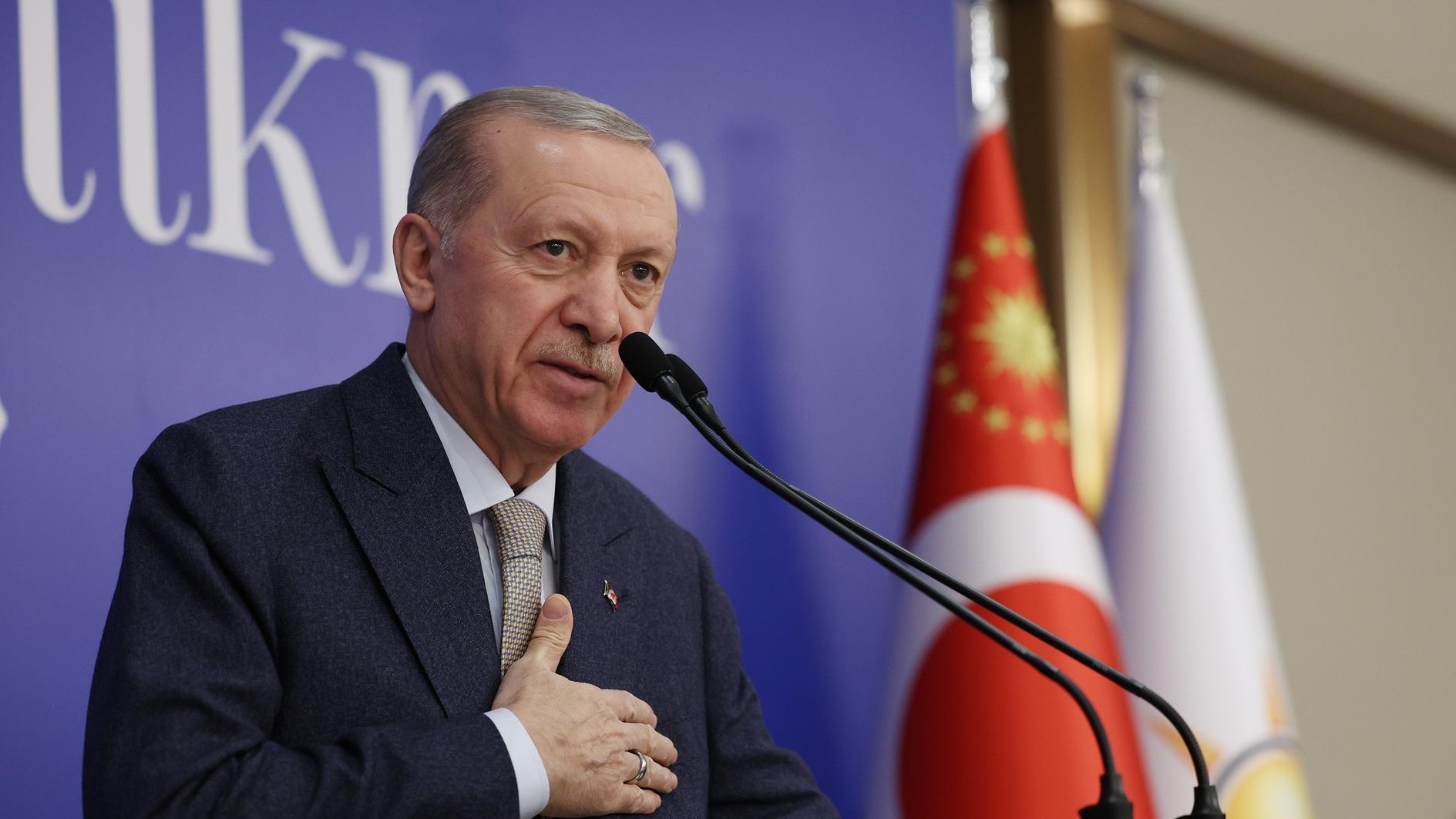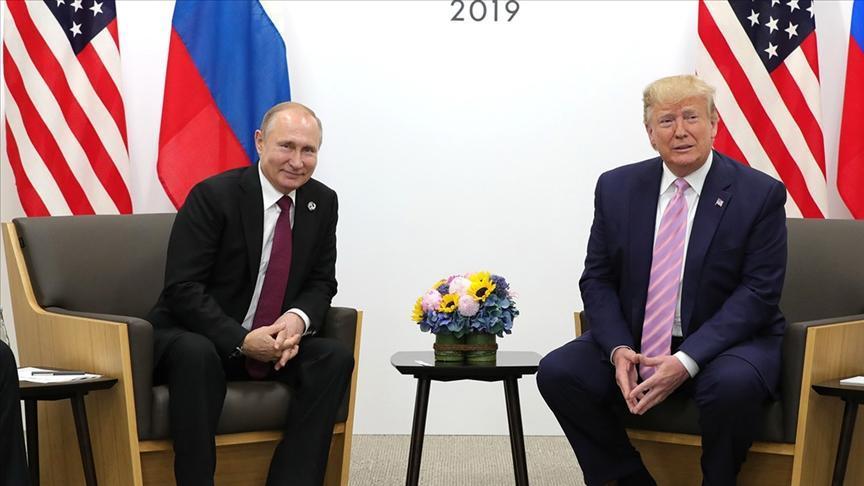Minorities seen as threat by students
ISTANBUL - Hürriyet Daily News

Eğitim-Sen Adana Branch’s Course Books and Curriculum Investigation Commission head Güven Boğa. DHA Photo
According to a survey conducted by Turkey’s Education and Science Employees Union (Eğitim-Sen), more than half of the students and teachers in Turkey believe that minorities constitute a threat to the country.One of Eğitim-Sen’s branches in the southern province of Adana surveyed a total of 1,066 students and 800 teachers in several provinces about the course books, especially asking their views on gender discrimination, cultural-ethnic discrimination, militarist factors, human rights, and nationalism.
According to the results, 22.3 percent of participants agreed the statement that, “Some of the Greeks, Armenians, Kurds, Alevis, and Jews could attempt to harm our country if they had the chance,” while 46.7 percent said they partially agreed with it, and only 29.8 percent disagreed with the statement.
However, with regard to the sentence, “The common culture, built by various communities including Turks, Greeks, Armenians, and Kurds who are living in Anatolia together for centuries, is our greatest fortune,” 56.8 percent felt it to be true, while 29.4 felt it was partially true. Also, the survey revealed that 48.9 percent found the expression, “Turks have no friends other than Turks,” completely wrong.
Among the students, 47.8 percent agreed that freedom of thought and expression must be limited in the cases where national unity and solidarity was under threat. Moreover, 52 percent said it was true that those thinking differently from them could be right as well, and 63.7 percent found the expression “a good education is especially essential for men rather than women” to be wrong.
Violence in textbooks
Eğitim-Sen Adana Branch’s Course Books and Curriculum Investigation Commission head Güven Boğa said it took six months to collect the data. Boğa thought that the results were not satisfactory though they could be regarded as positive.
“The picture of nationalism does not present different results when compared with previous years.
There are still polarizations. The non-Muslims and different ethnic groups are still regarded as ‘others.’ And the books still include hostile expressions,” Boğa said.
“We observe that firearms, pictures of battlefields, photos of the dead soldiers, and national symbols are represented as the most efficient means to protect rights. ... Above all, the course books underline that wars are inevitable due to the presence of ‘hostile others,’” Boğa said.
















